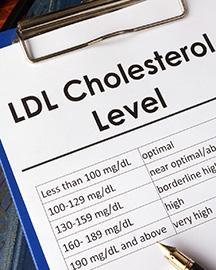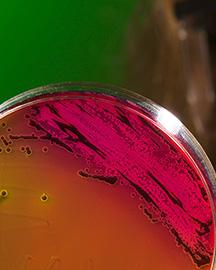Improving The Safety of Imported Papaya
Since 2011, Americans have been exposed to eight Salmonella outbreaks linked to imported, fresh papaya. These outbreaks, the most recent occurring in 2019, have resulted in 500 reported cases of illness, more than 100 hospitalizations, and 2 deaths. At the urgent request from the produce industry, ARS researchers at the Environmental Microbial and Food Safety Laboratory and Food Quality Laboratory in Beltsville, MD, investigated the effects of papaya packinghouse operations on cross-contamination and spread of Salmonella.
ARS researchers found that two disinfectants (chlorine and peracetic acid) could reduce, but not eliminate, Salmonella on papayas, and the low risk of cross-contamination mediated by sponges or microfiber mitts could be managed by frequent dipping in sanitizing solutions. ARS research findings were used by the industry to develop science- and risk-based “Food Safety Best Practices for the Growing and Handling of Mexican Papaya” to improve food safety and combat food safety outbreaks.






